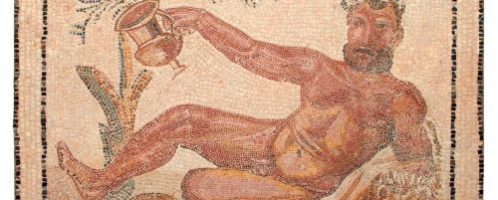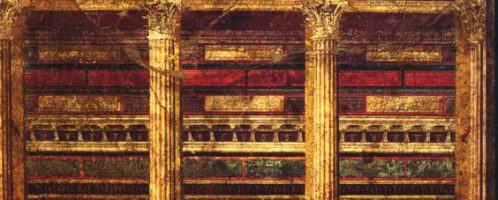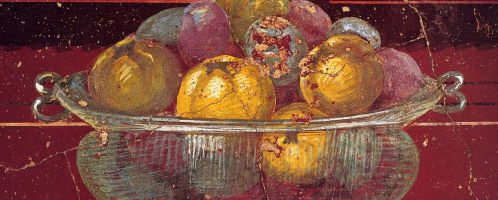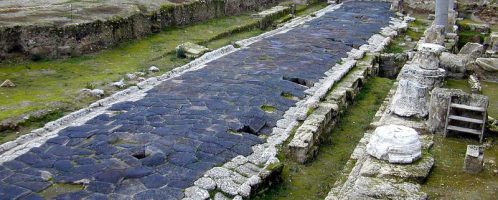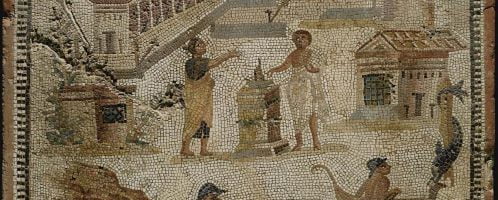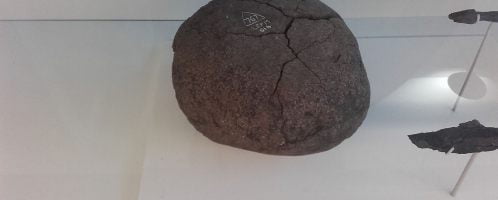If you have found a spelling error, please, notify us by selecting that text and pressing Ctrl+Enter.
Curiosities of ancient Rome
The world of ancient Romans abounded in a number of amazing curiosities and information. The source of knowledge about the life of the Romans are mainly works left to us by ancient writers or discoveries. The Romans left behind a lot of strange information and facts that are sometimes hard to believe.
Wonderful Roman necklace made of gold and carnelian
A wonderful Roman necklace made of gold and carnelian. Object dated to the 2nd century CE.
Roman fresco with perspective
Roman fresco with cubiculum (bedroom) in the Villa of the Mysteries in Pompeii. The fresco is an example of the so-called Pompeian Second style.
Pronunciation of “Veni, vidi vici!”
Julius Caesar said “Veni, vidi vici!”. However, the pronunciation of Latin in ancient Rome has little to do with medieval, later and modern pronunciation.
Remains of Roman road at Tarsus
Remains of a Roman road in ancient Tarsus (Turkey). The road was discovered by accident in 1993, during construction works.
Fresco showing fight of Theseus with Minotaur
Roman fresco depicting the mythological struggle of Theseus with the Minotaur in the labyrinth. The object was created at the end of the 3rd century CE.
Missile from Roman ballista
A missile from a Roman ballista, found at Leckie Broch (central Scotland). A crack in the stone is clearly visible, which scientists interpret as the result of a sudden change in temperature. Perhaps the stone was heated for the purpose of the attack, and the defending Picts tried to cool it with cold water.

